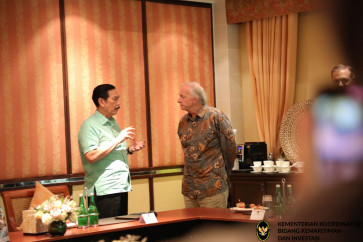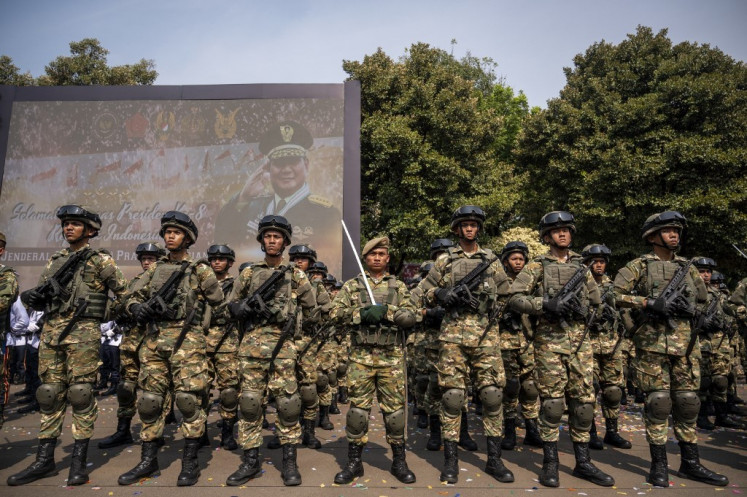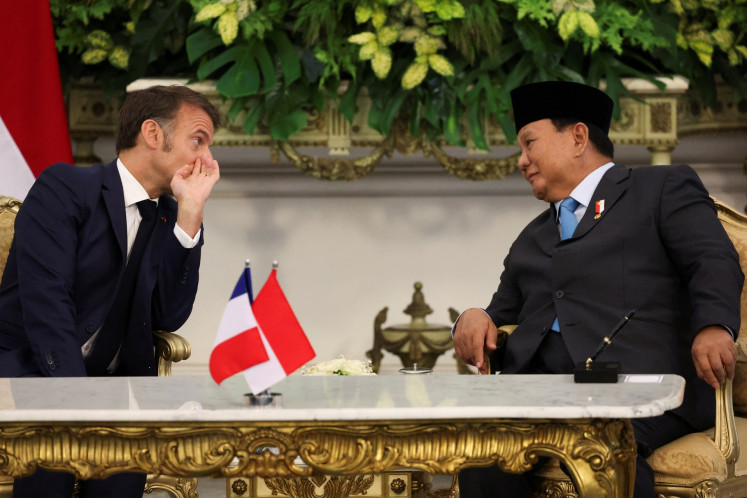Breaking logjam on revised penal code deliberation
Change text size
Gift Premium Articles
to Anyone
 Law illustration. (Shutterstock/File)
Law illustration. (Shutterstock/File)
T
he draft of the revised Criminal Code (KUHP) remains unfinished nearing the end of the 2014-2019 legislative term. Since lawmakers failed to meet the quorum requirement in the planned deliberation at the House of Representatives, the deliberation has been delayed again, probably until after the general election this April.
Former justice minister Muladi, an expert committee member for the revised penal code draft, wrote in Kompas last December, urging President Joko “Jokowi” Widodo to issue a regulation in lieu of law (Perppu) to take over the deliberation in the House.
He claims the drafting process of the new KUHP is already “95 percent” complete after 40 years of discussions by criminal law experts. He worries that if the House again misses a chance to enact the new code, Indonesia will never have its own criminal code, leaving us dependent on the Dutch colonial legacy in the criminal justice system since its enactment over a century ago on Jan. 1, 1918.
However, activists and researchers including those of the Alliance for KUHP Reform (ANR KUHP) argue that the government and the House have ignored critics in drafting the new criminal code.
The revised KUHP accommodates the unwritten customary (adat) law or living law concept, which authorizes law enforcers to punish people even though offenses are not regulated in formal law.
The draft also retains the death penalty and articles on insulting the President, which were already abolished by the Constitutional Court.
Since the latest draft reportedly includes corruption-related matters, while we already have the Corruption Law, the Corruption Eradication Commission (KPK) also fears the new penal code could threaten efforts to overcome graft.

















